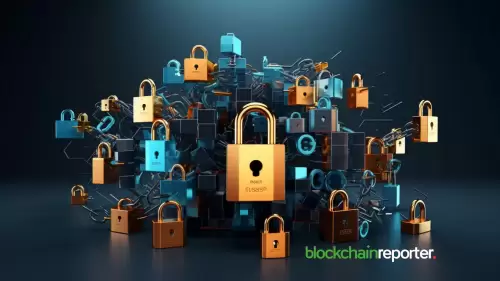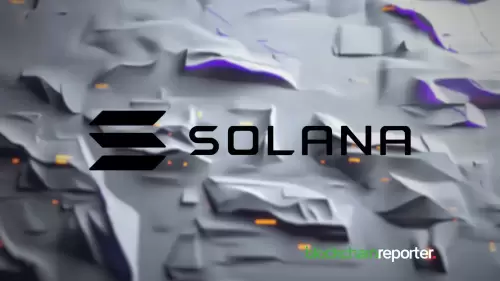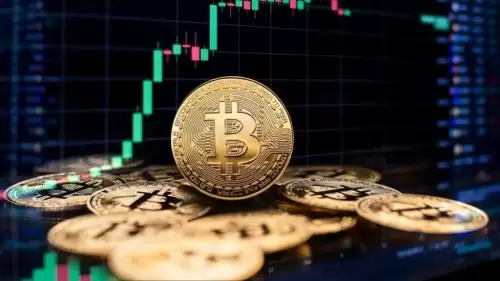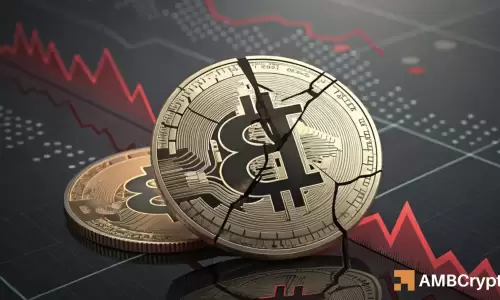 |
|
 |
|
 |
|
 |
|
 |
|
 |
|
 |
|
 |
|
 |
|
 |
|
 |
|
 |
|
 |
|
 |
|
 |
|

In the realm of cryptocurrency, governance tokens are digital assets that grant voting rights within a crypto project. They go beyond mere coins for trading and function more like ballots. When you hold governance tokens, your input matters in deciding how the project should operate.
These tokens shift control over key decisions from centralized teams to the community. This could involve protocol upgrades or fund allocation, allowing the project to evolve based on user feedback and collective wishes.
A governing system in a blockchain project is often referred to as a decentralized autonomous organization (DAO).
There are over 13,000 DAOs worldwide, and over 6,000 actively involve members in making impactful choices. Together, they manage around $24.5 billion in treasury assets and include approximately 11.1 million governance token holders.
From steering a project's direction to shaping its rules, governance tokens make decentralized governance a reality.
What are governance tokens used for?
Should a project change its fee structure, or launch on a new chain? If you hold the governance tokens, you can vote yes or no.
The concept is straightforward: people who use or invest in a project should also help determine its path. This prevents a few founders or investors from making critical decisions in a vacuum.
Some tokens arrive automatically when you join a platform, while others are earned by providing liquidity or staking. You can also purchase them on major crypto exchanges.
However, acquiring a governance token doesn't guarantee control; it provides the opportunity to participate. The more people engage, the more balanced the system becomes.
Now, let's examine how that voting power works and what makes it significant.
Voting power
The voting power measures how much influence your governance tokens carry during a vote, usually depending on the number of tokens you hold.
The more tokens in your wallet, the greater the weight of your vote in proposals. It's not always a one-token-one-vote system; some projects use different methods to balance things out.
For instance, a "whale" with thousands of tokens might have a larger say, but some platforms cap power or require staking to vote, preventing it from being a simple money game. Other projects utilize quadratic voting, which lessens the impact of someone accruing an unbalanced amount of influence. This encourages more users to participate.
Voting usually occurs through mobile or web apps that connect to your crypto wallet. You select an option, submit your vote, and it gets recorded on the blockchain.
Most votes remain open for a set time and follow a simple majority or quorum rule. Some votes might also require a minimum number of voters to pass.
This brings us to the question of why people would vote in the first place.
What are the incentives for participating in the votes?
Voting in crypto governance can also come with real perks, in addition to shaping a project's direction and determining future updates.
Many projects reward people for participating in proposals to keep the system active and fair. Here’s what you might get for showing up and casting your vote:
How are governance tokens used in DeFi?
In decentralized finance (DeFi), governance tokens are a key part of how platforms work and evolve. They give users the power to make decisions that affect the entire system.
Instead of relying on a company or CEO, DeFi projects let the community vote on how things should be done, how to spend money, and what updates to make.
This is different from traditional startups, where founders often decide strategy and investors care about returns. In DeFi, governance tokens shift control to those who use and invest in the protocols.
These tokens are used to vote on two main types of proposals: Treasury management and protocol changes.
Treasury management
Many DeFi projects have large treasuries—wallets full of tokens or stablecoins. Governance tokens give the community control over how that money is used. It's like a shared budget, and token holders get to vote on what’s worth funding.
This could be paying developers, funding audits, launching marketing campaigns, or supporting ecosystem grants. If a project wants to sponsor a hackathon or partner with another protocol, the decision often goes to a vote.
Good treasury management can help a project grow, stay secure, and reward its community. But bad decisions or low participation can waste resources or stall progress. So even one vote matters.
Protocols changes
Governance tokens also give users the power to shape how a protocol works "under the hood." These votes aren't just about money—they can change the core functions and behavior of the system.
A well-known case is Compound, where its COMP token holders have voted to adjust borrowing limits, pause risky assets, and even upgrade the protocol itself. These aren't suggestions; they're binding changes made through on-chain proposals.
The beauty of this system is that it evolves with its users. If something isn't working or the community feels an opportunity isn't being seized
부인 성명:info@kdj.com
제공된 정보는 거래 조언이 아닙니다. kdj.com은 이 기사에 제공된 정보를 기반으로 이루어진 투자에 대해 어떠한 책임도 지지 않습니다. 암호화폐는 변동성이 매우 높으므로 철저한 조사 후 신중하게 투자하는 것이 좋습니다!
본 웹사이트에 사용된 내용이 귀하의 저작권을 침해한다고 판단되는 경우, 즉시 당사(info@kdj.com)로 연락주시면 즉시 삭제하도록 하겠습니다.






























































